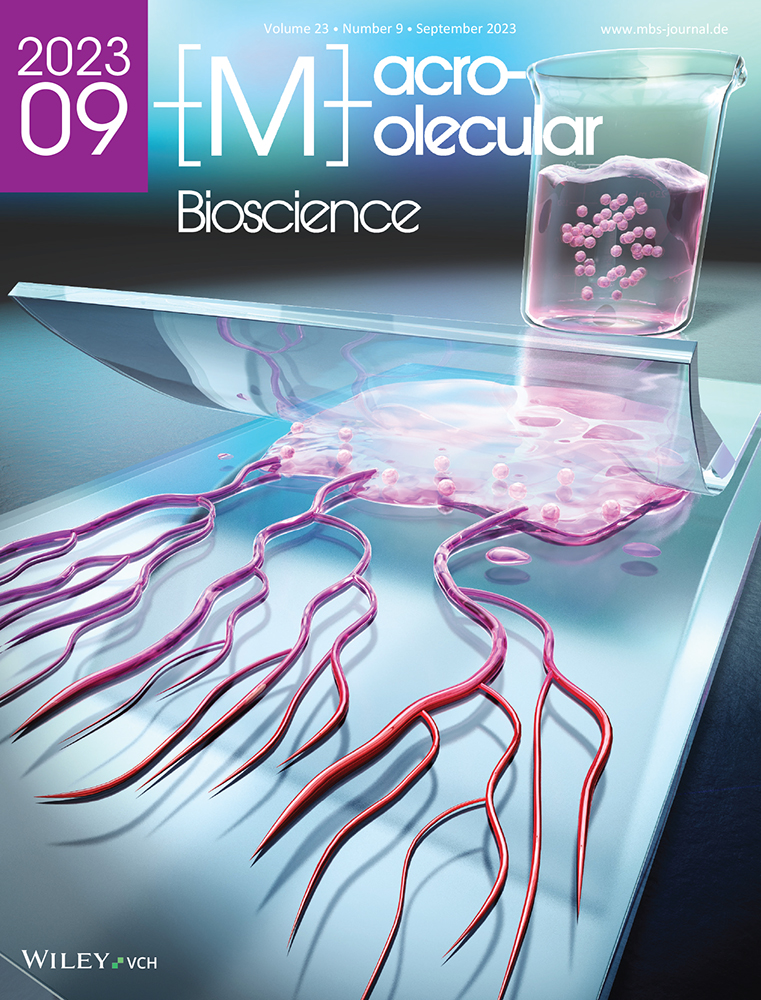Thermosensitive Microneedles Capable of On Demand Insulin Release for Precise Diabetes Treatment
Abstract
As a novel painless and minimally invasive transdermal drug delivery method, microneedles have solved the challenges of microbial infection and tissue necrosis associated with multiple subcutaneous injections in patients with diabetes. However, traditional soluble microneedles cannot switch drug release on and off according to the patient's needs during long-term use, which is one of the most critical elements of diabetes treatment. Herein, an insoluble thermosensitive microneedle (ITMN) that can control the release of insulin by adjusting the temperature, enabling the precise treatment of diabetes is designed. Thermosensitive microneedles are produced by in situ photopolymerization of the temperature-sensitive compound N-isopropylacrylamide with the hydrophilic monomer N-vinylpyrrolidone, which is encapsulated with insulin and bound to a mini-heating membrane. ITMN are demonstrated to have good mechanical strength and temperature sensitivity, can release significantly different insulin doses at different temperatures, and effectively regulate blood glucose in type I diabetic mice. Therefore, the ITMN provides a possibility for intelligent and convenient on-demand drug delivery for patients with diabetes, and when combined with blood glucose testing devices, it has the potential to form an integrated and precise closed-loop treatment for diabetes, which is of great importance in diabetes management.
Conflict of Interest
The authors declare no conflict of interest.
Open Research
Data Availability Statement
The data that support the findings of this study are available in the supplementary material of this article.




